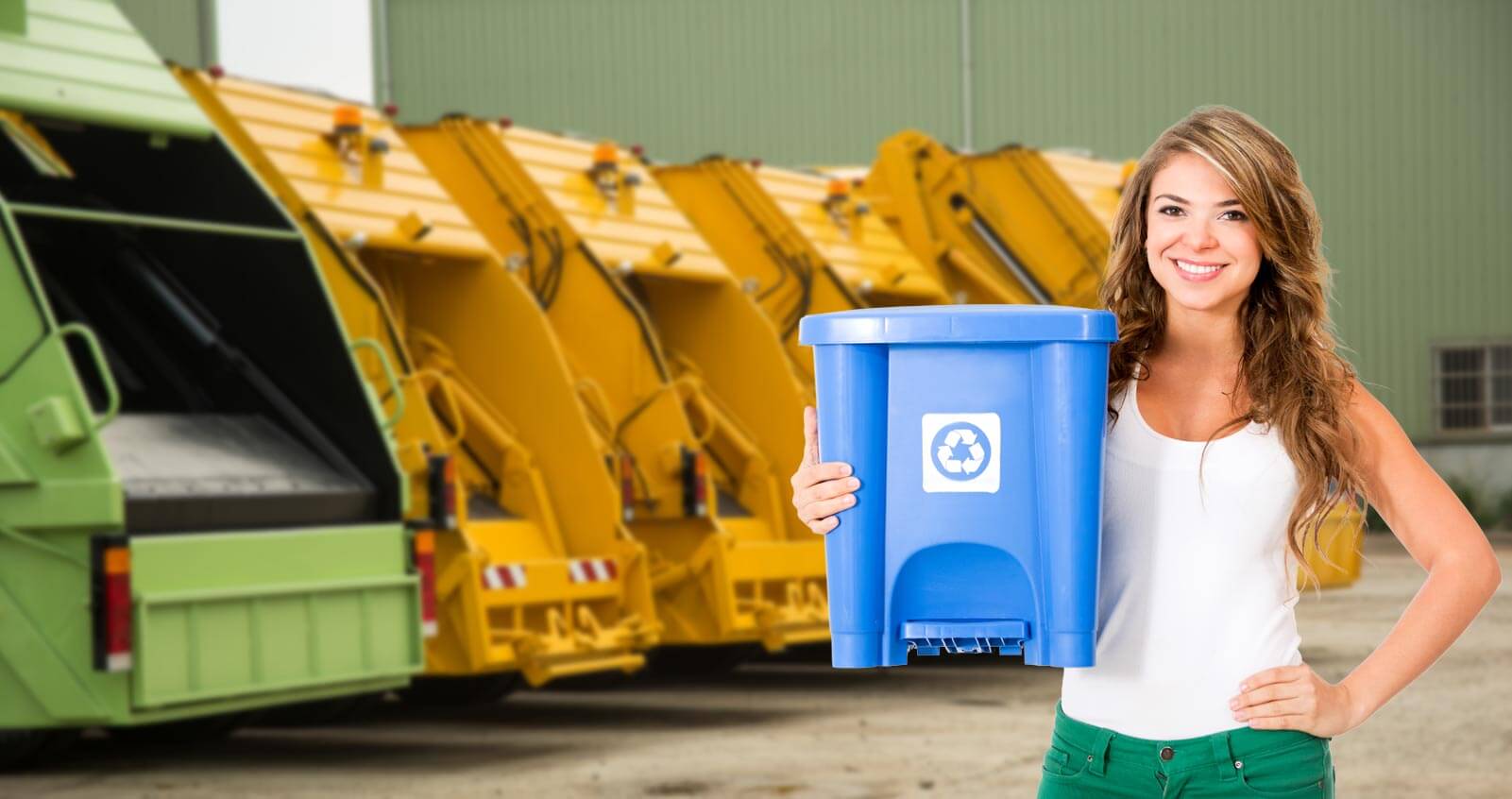Sustainable Practices for Business Waste
Posted on 09/10/2025
Sustainable Practices for Business Waste
Incorporating sustainable practices for managing business waste is a crucial step toward environmental stewardship and operational efficiency. Companies that implement effective waste management strategies can not only minimize their ecological footprint but also realize financial savings and enhance their corporate reputation.
The Importance of Sustainable Waste Management
Sustainable waste management is essential for reducing the environmental impact of businesses. It involves strategies that promote the reduction, reuse, and recycling of materials to minimize the amount of waste sent to landfills. These practices help conserve resources, reduce energy consumption, and lower greenhouse gas emissions.

Key Sustainable Practices for Managing Business Waste
1. Reduce
The first step in waste management is to reduce the amount of waste generated. Businesses can achieve this by evaluating their processes and identifying areas where waste can be minimized.
- Implement digital documentation to reduce paper usage.
- Optimize inventory management to prevent overstocking and waste.
- Encourage double-sided printing and reusing paper for draft documents.
2. Reuse
Reusing materials extends their lifecycle and decreases the need for new resources. Businesses can implement reuse strategies through:
- Donating or selling surplus equipment and office furniture.
- Encouraging the use of reusable containers, cutlery, and other supplies.
- Implementing return programs for packaging and shipping materials.
3. Recycle
Recycling is a critical aspect of sustainable waste management. It involves converting waste materials into new products to prevent waste of potentially useful materials.
- Set up designated recycling bins for different types of waste such as paper, plastics, and metals.
- Partner with recycling companies to ensure proper disposal and processing of recyclable materials.
- Educate employees on recycling protocols and the importance of separating recyclables from trash.
Implementing Sustainable Waste Management Practices
To successfully implement these practices, businesses should adopt a comprehensive approach that involves:
1. Conducting a Waste Audit
A waste audit helps businesses understand the types and amounts of waste they produce. This information is crucial for developing targeted waste reduction and management strategies.
2. Developing a Waste Management Policy
A clear waste management policy establishes the framework for sustainable practices in the workplace. It should outline the goals, strategies, and responsibilities for waste reduction, reuse, and recycling.
3. Engaging Employees
Employee engagement is critical to the success of sustainable waste management. Businesses can:
- Provide training on waste management practices and their benefits.
- Encourage employee participation through incentive programs and recognition.
- Promote a culture of sustainability within the organization.
Pros and Cons of Sustainable Waste Management Practices
Pros
- Reduces environmental impact.
- Conserves natural resources.
- Decreases operational costs.
- Enhances corporate image and customer loyalty.
Cons
- Initial implementation costs can be high.
- Requires ongoing training and monitoring.
- May face resistance from employees or stakeholders.
Tips for Businesses to Enhance Waste Management
- Set measurable waste reduction goals and track progress regularly.
- Work with suppliers who focus on sustainable practices.
- Stay informed about local recycling regulations and opportunities.
- Continuously review and improve waste management practices.

Key Takeaways
- Sustainable waste management is crucial for environmental and economic benefits.
- Key practices include reducing, reusing, and recycling waste.
- A comprehensive approach involving audits, policies, and employee engagement is essential.
- While there are challenges, the long-term benefits outweigh the cons.
Conclusion
Adopting sustainable practices for business waste management is not just an environmental imperative but also a strategic business decision. By reducing waste, reusing materials, and embracing recycling, companies can significantly cut costs, enhance their public image, and contribute to a healthier planet. Despite the initial challenges, the long-term rewards of sustainable waste management practices make the effort worthwhile for any forward-thinking business.




